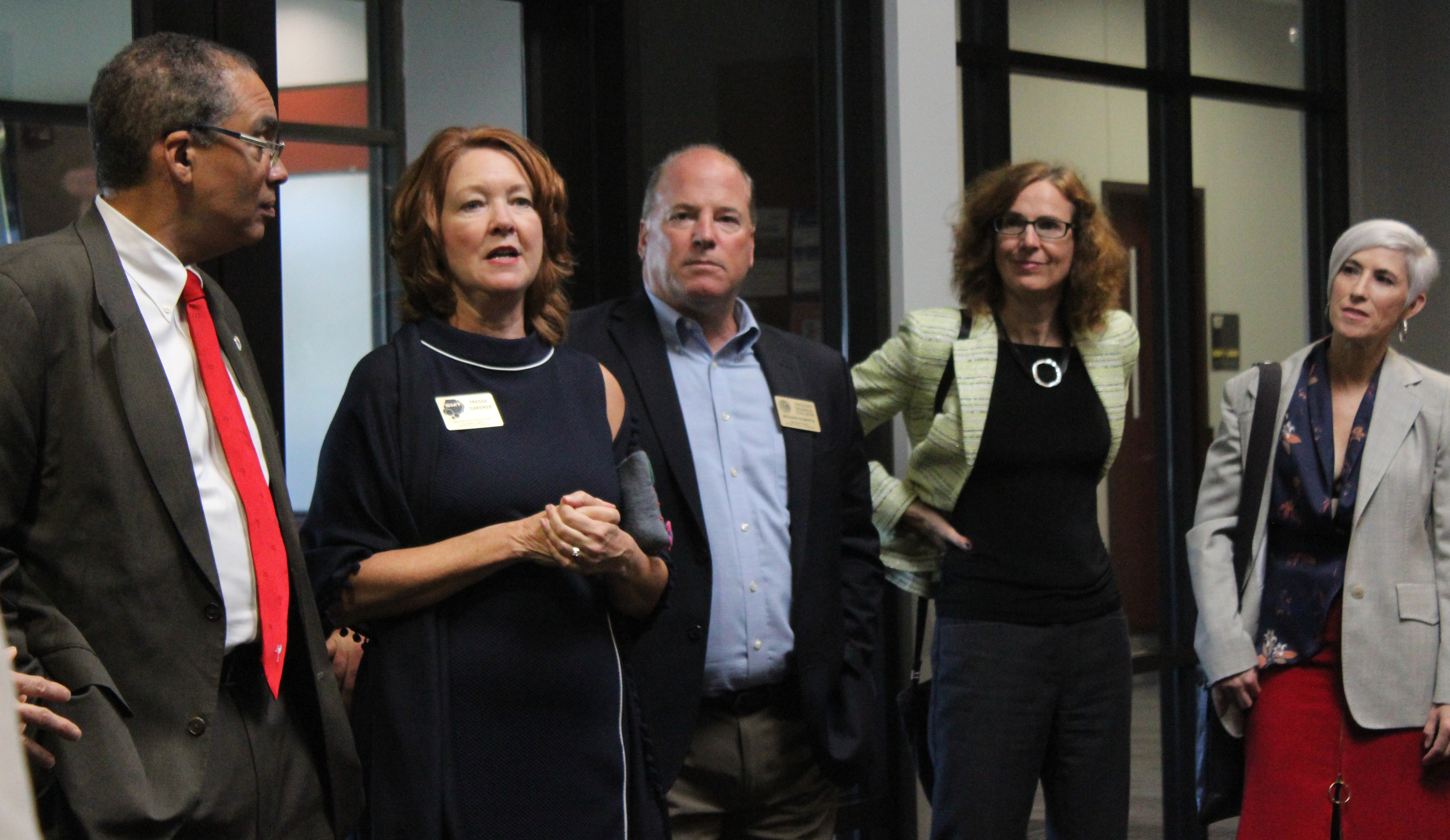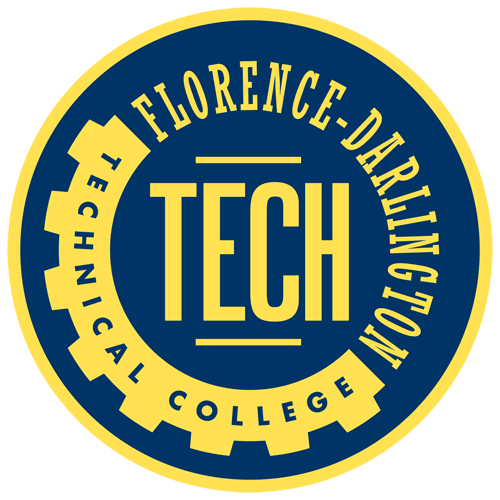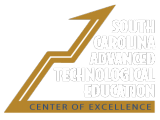FDTC and Regional Stakeholders Contribute to new National Science Board Report: THE SKILLED TECHNICAL WORKFORCE: Crafting America’s Science & Engineering Enterprise
FDTC & SCATE were featured in NSB's national report

Florence, S.C. (October, 2019) – In September 2019, the National Science Foundation’s (NSF) National Science Board (NSB) published, THE SKILLED TECHNICAL WORKFORCE: Crafting America’s Science & Engineering Enterprise report to present their research findings from their 18-month identification effort of the opportunities and challenges facing students, incumbent workers, businesses, educators, and others involved with the Skilled Technical Workforce (STW). The report focuses on the millions of men and women with STEM skills and knowledge who do not have a bachelor’s degree. The report also offers recommendations for how federal policymakers and educators can work together to foster the STW, so that all Americans can participate in and benefit from advances in science and technology.
As noted in the report, ‘a National Academies of Sciences, Engineering, and Medicine report predicts a shortfall of nearly 3.4 million skilled technical workers by 2022.’ These findings are based on stakeholder engagement meetings with national organizations as well as nationwide listening sessions that NSB conducted with workers, students, businesses, and educators.
In September 2018, one of the four national Skilled Technical Workforce Listening Sessions was held at the Southeastern Institute for Manufacturing and Technology (SiMT) in Florence, SC. The session was hosted by Florence-Darlington Technical College (FDTC) and the South Carolina Advanced Technological Education (SCATE) Center in partnership with the SC Department of Commerce’s Department of Innovation.
The SCATE Center was one of the first National Centers to be funded through the NSF’s Advanced Technological Education (ATE) program and continues to help craft the nation’s engineering technician education discussions and initiatives, along with our regional industry partners, which are crucial to preparing technicians for today’s technical workforce.
FDTC and their students, SCATE, and the SiMT are featured and acknowledged for their contribution to the report on pages 8-9, 31, 36, 39, 42, 45, 51 and 52 of the report, which can be found here.
The board’s report also quoted local entrepreneur Mike Reichenbach, President of Mike Reichenbach Ford, Lincoln, VW, and Chevrolet of Florence on page 25. Mike participated along with 19 other FDTC industry partners in the NSB listening session on September 26 – 27, 2018.
Click here to download PDF of this article.
About SCATE:
SCATE is a department at FDTC and has been Expanding Excellence in Technician Education since 1994 as a former national ATE center and is still well-established and widely-connected. SCATE resources support the development of a highly skilled technician workforce in engineering, manufacturing, and industrial technologies via faculty development and mentoring, problem-based learning, research, evaluation, and student scholarships and internships. SCATE serves America’s technician and related STEM educators and the students they teach as well as industry partners. SCATE provides the nation’s only online service that proactively connects educators to relevant professional development. SCATE also offers the only searchable Compendium of Research on Technician Education. Please visit the SCATE websites at: www.scate.org, www.TeachingTechnicians.org, and www.Mentor-Connect.org.
###



